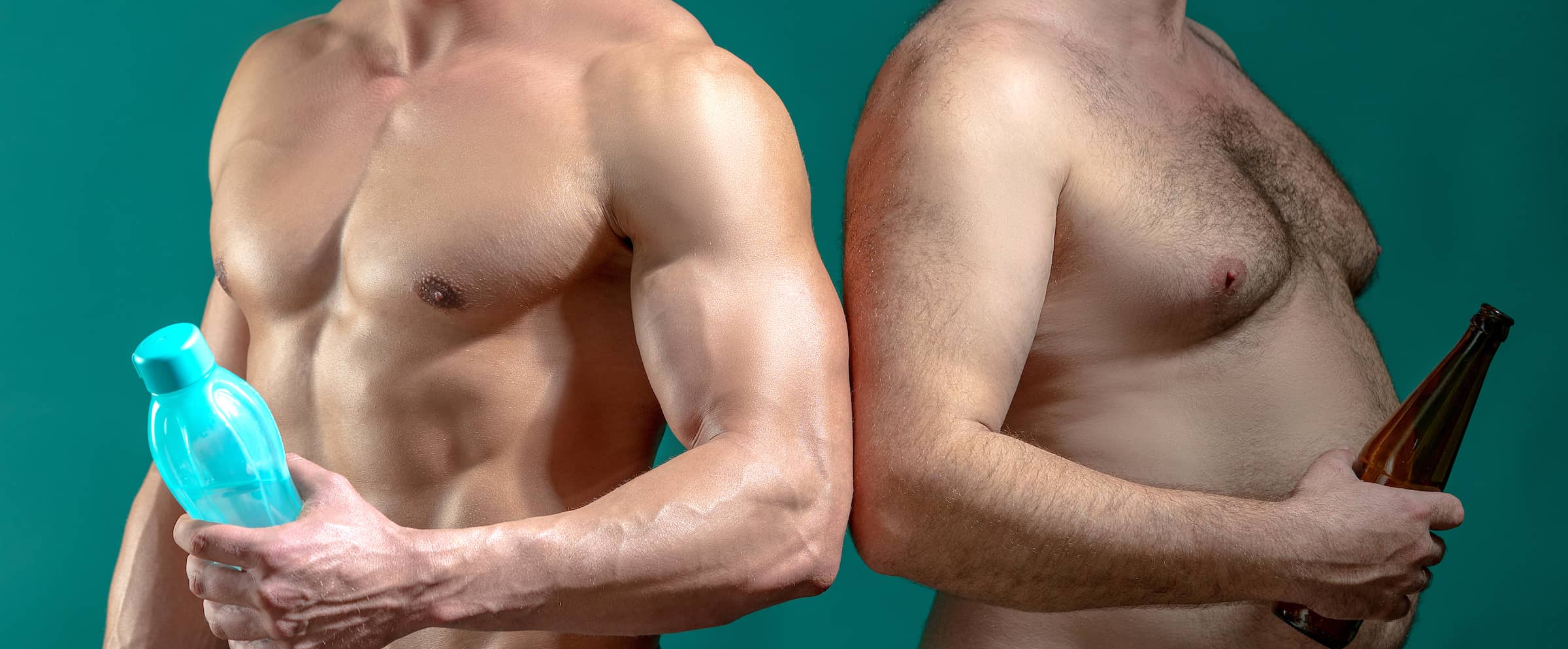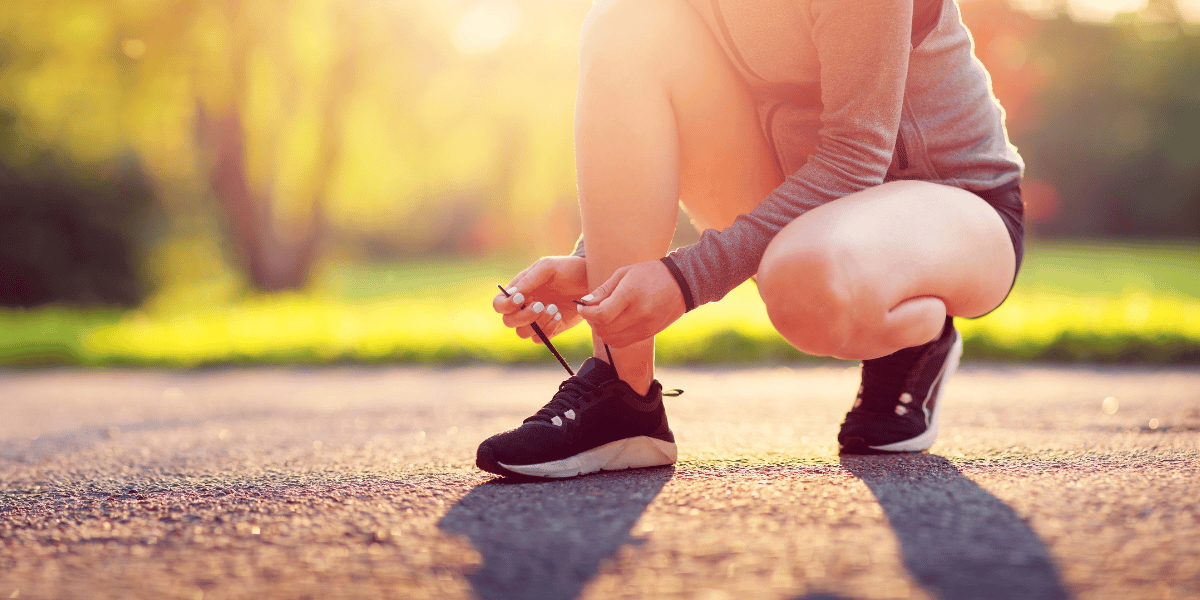Drinking is a popular pastime among the majority of people, with statistics showing that up to 60 per cent of all adults drink alcohol.
While alcohol in itself is not viewed by many as a substance that can cause much harm to consumers, it is common knowledge that consuming high amounts of alcohol over an extended period can result in health complications or even death.
Fortunately, the majority of drinkers do not go to those extremes. However, that doesn’t mean that moderate drinking doesn’t harm the body.
Here I highlight four surprising ways alcohol may impact your fitness levels even when you may not notice it.
- Dehydration
Alcohol has diuretic properties, making you pee more and offsetting the water-blood balance in the body. This means you risk dehydration if you do not take sufficient fluids alongside your drinks or after. Dehydration is why you wake up with a heavy head in the morning, commonly called a hangover.
Dehydration affects your blood flow and causes headaches, which can significantly impact your performance. Also, it increases the chances of muscle cramps, strains, and cramps due to electrolyte imbalance.
- Slower Muscle Recovery
Exercising results in micro tears in the muscle tissue, which is why you tend to feel a bit sore after exercise. But as you rest from your exercises, the body starts repairing those tears allowing you to be in a top-notch state the next time you get back to exercising.
The recovery process is especially fast when you are asleep when the production of a chemical called human growth hormone (HGH) is at its highest.
HGH is critical in repairing muscles, but alcohol in your system can reduce its production by 70 per cent, resulting in slower recovery and poor performance.
- Muscle Growth
Besides promoting muscle recovery, HGH is critical in building new muscles. When inhibited for an extended period, the ultimate result will be reduced muscle growth. But there is more to alcohol’s effect on muscle growth than HGH.
Binge drinking is also known to inhibit serum testosterone levels which play an active role in the growth of lean muscles resulting in decreased muscle mass in the long run. Alcohol also affects your metabolism meaning your body has less energy.
- Weight problems
Alcohol can be quite energy dense, especially if you are into beer. That means the more you take, the more calories you add to your diet. Also, once you have had several drinks, all inhibition goes out the window, and you put anything you come across in your system, from fast foods to fat-rich foods, all of which are detrimental to fitness.
It also affects your metabolism, often storing more fat in your body. While these effects may not result from one night of drinking, you will feel the impact with time.
Worried You Have an Alcohol Problem?
If you are worried you have an alcohol problem, you probably do. Signs that your drinking could be getting out of control include drinking more than you intended, drinking several days a week, alcohol ruining your life and relationships, and losing interest in activities that excited you before, such as exercising.
Realizing you have an alcohol problem is the first step towards conquering your problem by seeking help. Unfortunately, not everyone recognizes this problem and wound up in alcoholism with devastating consequences.
If you or someone you love is struggling with alcohol addiction, addiction experts at Fort Wayne Recovery can help you find hope and healing at the FW Rehab Centre without passing judgment. After all, it can happen to anyone, so you do not have to be ashamed, and with the right mindset, you will beat it.
Casual drinking is not much of a problem. But as highlighted, it will still impact your fitness levels. So if fitness is a crucial part of your life, you must be extra disciplined with alcohol. For everybody else, moderation is key to avoiding slipping into addiction.





